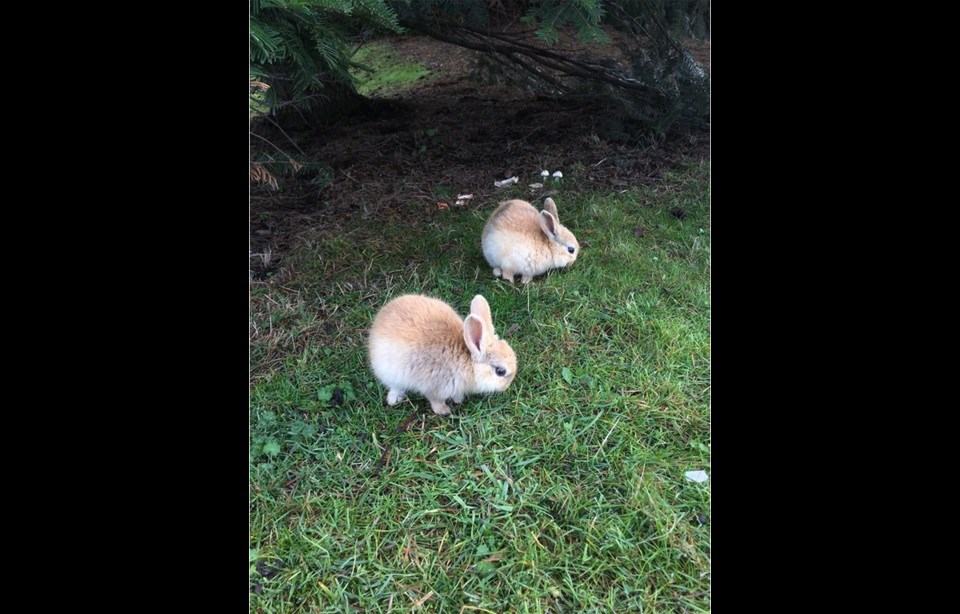Vancouver International Airport (YVR) says it has suspended its cull of feral rabbits after “hearing from the community on different options.”
A Richmond rabbit group was among those upset about the rabbits being shot.
CTV News reported on Tuesday it learned of “a man with an active firearm” shooting the rabbits in the middle of the night at the airport.
The culling was reportedly taking place near an airport hotel for the last few weeks.
YVR didn’t comment on how exactly the rabbits were being culled, saying only that it had suspended its wildlife management program on Wednesday.
According to the airport’s statement posted to its website, the rabbits – which are an invasive species and carry disease – attract predators, posing a “significant and immediate risk to airfield safety.”
“As traffic at the airport has slowed, we have seen a considerable increase in this feral rabbit population. As such, we undertook culling activities to manage population and associated risks,” YVR said in its statement, adding this was considered humane, safe and efficient, and was used as a “last resort at the time.”
“Safety protocols were followed and posed no risk to operations, employees or passersby.”
News of the culling alarmed Richmond-based Rabbitats Rescue Society, which has been in contact with YVR about the feral domestic rabbit population on Sea Island for the past few years.
“This was not wildlife control, it was slaughtering pets,” said Rabbitats’ founder, Sorelle Saidman, in an email to the Richmond News. “This was entirely unnecessary and beyond cruel.”
The rescue received reports of rabbits near YVR in 2019, and since then, it has been trying to work with the airport to help them manage the rabbit population humanely, to no avail.
That population is made up of European pet rabbits, Saidman explained, and even if those rabbits are born outside, generations down the line, they “still retain a pet demeanour.”
The rabbits stick close to humans and structures rather than wild areas and they tend to live in colonies, unlike native wild rabbits and eastern cottontails.
“They can easily be converted back to pets and be adopted out or live happily in our sanctuaries,” she said.
“We want assurances that Rabbitats will be contacted about any remaining rabbits.”
In its statement posted online, YVR said it will be working with “independent scientists, wildlife experts and community partners to re-evaluate methods and determine alternative solutions.”





.jpg;w=120;h=80;mode=crop)